Christmas Island Red Crab Colouring in 2024: A Spectacular Natural Phenomenon
Related Articles: Christmas Island Red Crab Colouring in 2024: A Spectacular Natural Phenomenon
- Christmas Images In Australia 2024: A Comprehensive Visual Guide To The Festive Season
- Christmas Images Vector 2024: A Comprehensive Guide To The Best Free And Premium Resources
- Christmas Images Santa Claus 2024: A Visual Delight For The Holiday Season
- Christmas Images Download For Mobile 2024: Capture The Festive Spirit
- Christmas Images No Copyright 2024: Celebrate The Festive Season With Royalty-Free Visuals
Introduction
With enthusiasm, let’s navigate through the intriguing topic related to Christmas Island Red Crab Colouring in 2024: A Spectacular Natural Phenomenon. Let’s weave interesting information and offer fresh perspectives to the readers.
Table of Content
Video about Christmas Island Red Crab Colouring in 2024: A Spectacular Natural Phenomenon
Christmas Island Red Crab Colouring in 2024: A Spectacular Natural Phenomenon
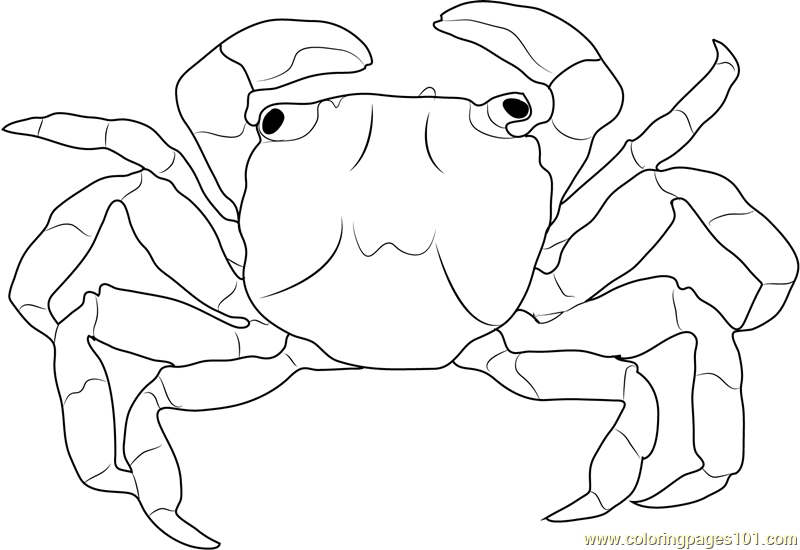
Every year, the remote Christmas Island in the Indian Ocean becomes a vibrant tapestry of crimson as millions of red crabs embark on their annual migration to the ocean to spawn. This extraordinary spectacle, known as the Christmas Island Red Crab Colouring, is a breathtaking natural phenomenon that attracts visitors from around the world.
The Red Crab Migration
The Christmas Island red crab (Gecarcoidea natalis) is a unique species found only on this tiny island. It is the largest land-living crab in the world, growing up to 12 centimeters (4.7 inches) in width. During the dry season, the crabs inhabit the island’s lush forests, feeding on fallen fruits, leaves, and flowers.
As the wet season approaches, the crabs undergo a remarkable transformation. Their shells turn from a dull brown to a brilliant scarlet, signaling their readiness to mate and lay eggs. In late October or early November, millions of crabs emerge from their forest hideouts and begin their arduous journey to the coast.
The Migration Route
The crabs’ migration route is determined by the location of their burrows and the nearest coastline. They travel in massive columns, often covering roads, paths, and even houses in their relentless march towards the sea. The crabs move primarily at night, guided by the moon and stars.
The journey can take several weeks, as the crabs navigate obstacles such as steep slopes, dense vegetation, and human settlements. Along the way, they face predators, including birds, reptiles, and feral cats. However, their sheer numbers provide some protection, and the migration continues unabated.
The Spawning Ritual
Upon reaching the coast, the crabs gather at specific beaches and prepare to spawn. The males engage in elaborate courtship rituals, waving their large claws and posturing before the females. The females, carrying thousands of eggs, release them into the ocean, where they are fertilized by the males.
The spawning process takes several days, and the crabs may return to the sea multiple times to lay their eggs. After spawning, the crabs begin their return journey to the forest, their shells gradually fading back to a dull brown.
Ecological Significance
The Christmas Island Red Crab Colouring is not only a spectacular sight but also an important ecological event. The crabs play a vital role in the island’s ecosystem, dispersing seeds, aerating the soil, and providing a food source for other animals.
The migration also serves as a natural indicator of the island’s environmental health. Changes in the timing or intensity of the migration can indicate disturbances to the crabs’ habitat or climate change.
Conservation Challenges
The Christmas Island Red Crab Colouring is a fragile phenomenon that faces several conservation challenges. Habitat loss, introduced predators, and climate change all threaten the survival of these remarkable creatures.
To protect the crabs, the Australian government has implemented strict conservation measures, including:
- Establishing a national park that encompasses the crabs’ habitat
- Controlling feral cats and other invasive species
- Managing tourism to minimize disturbance during the migration
- Monitoring the crabs’ population and migration patterns
Witnessing the Spectacle
The Christmas Island Red Crab Colouring is a once-in-a-lifetime experience that should be on every nature lover’s bucket list. Visitors can observe the migration from designated viewing areas along the coast or join guided tours that provide a closer look at this extraordinary event.
The best time to visit Christmas Island for the Red Crab Colouring is during the peak migration period, which typically occurs in late October or early November. However, the migration can vary depending on weather conditions, so it is advisable to check with local authorities for the most up-to-date information.
2024 Migration Forecast
The exact timing of the 2024 Christmas Island Red Crab Colouring is difficult to predict, as it is influenced by a variety of factors, including rainfall and temperature. However, based on historical data, the migration is expected to begin around October 25th, 2024, and continue for several weeks.
Visitors planning to witness this incredible event should make their arrangements well in advance, as accommodation on Christmas Island is limited. It is also important to be aware of the conservation regulations in place and to follow the guidelines provided by park rangers and tour operators.
Conclusion
The Christmas Island Red Crab Colouring is a breathtaking natural phenomenon that showcases the diversity and wonder of the world’s wildlife. By protecting this unique species and its habitat, we can ensure that future generations can continue to marvel at this extraordinary spectacle.
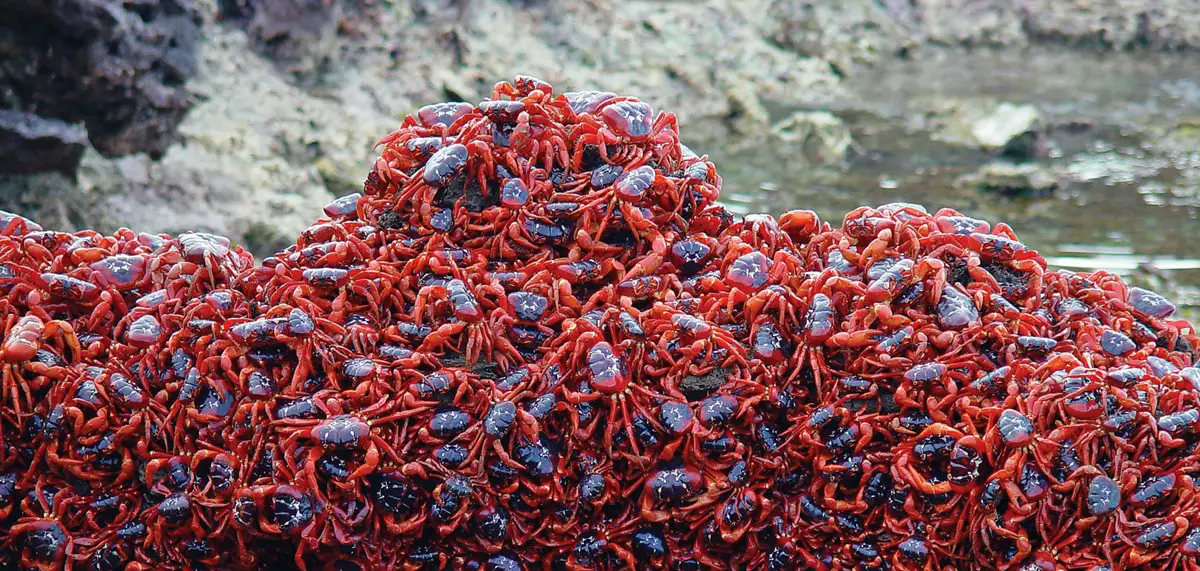
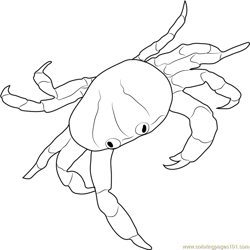

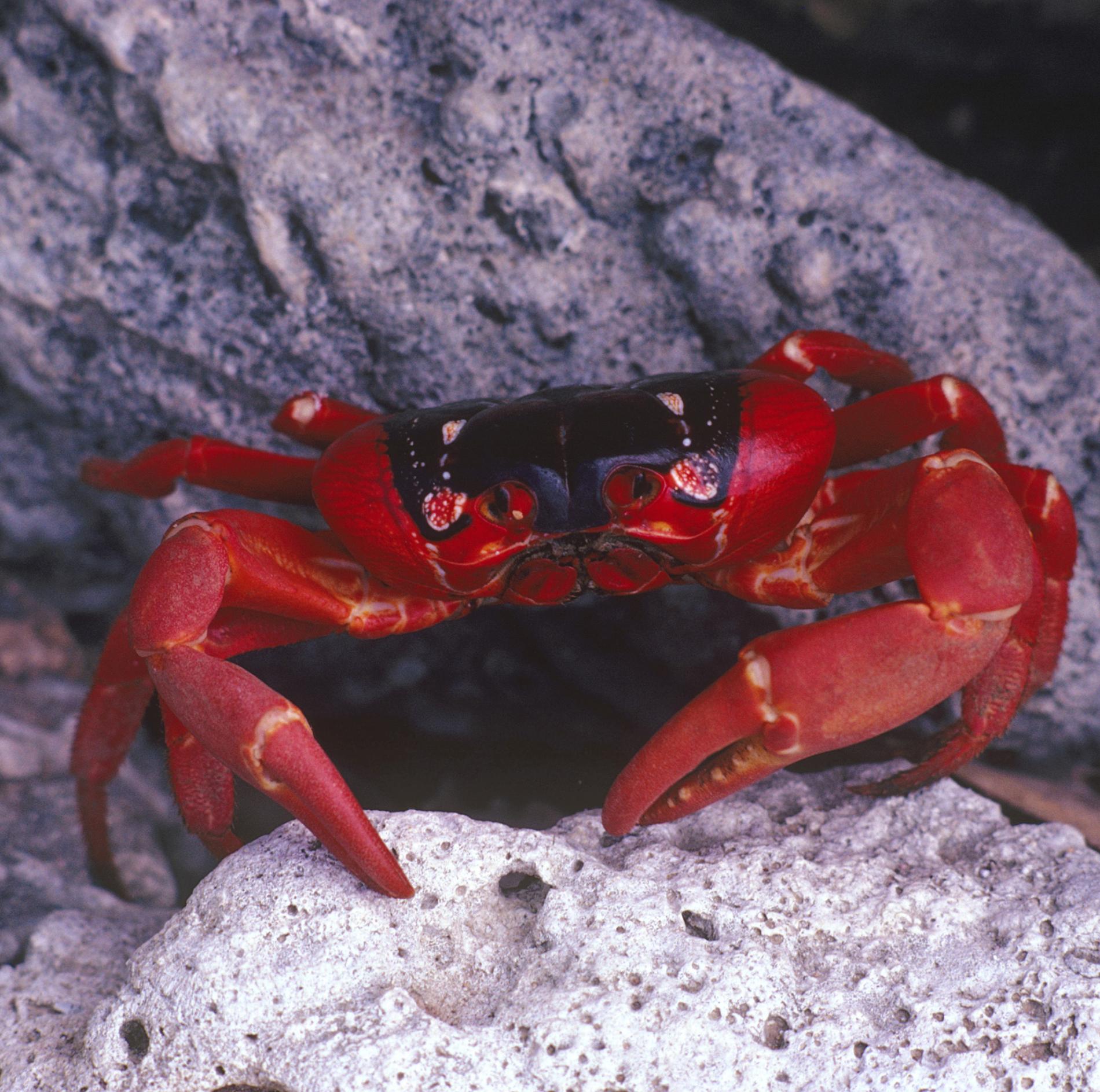

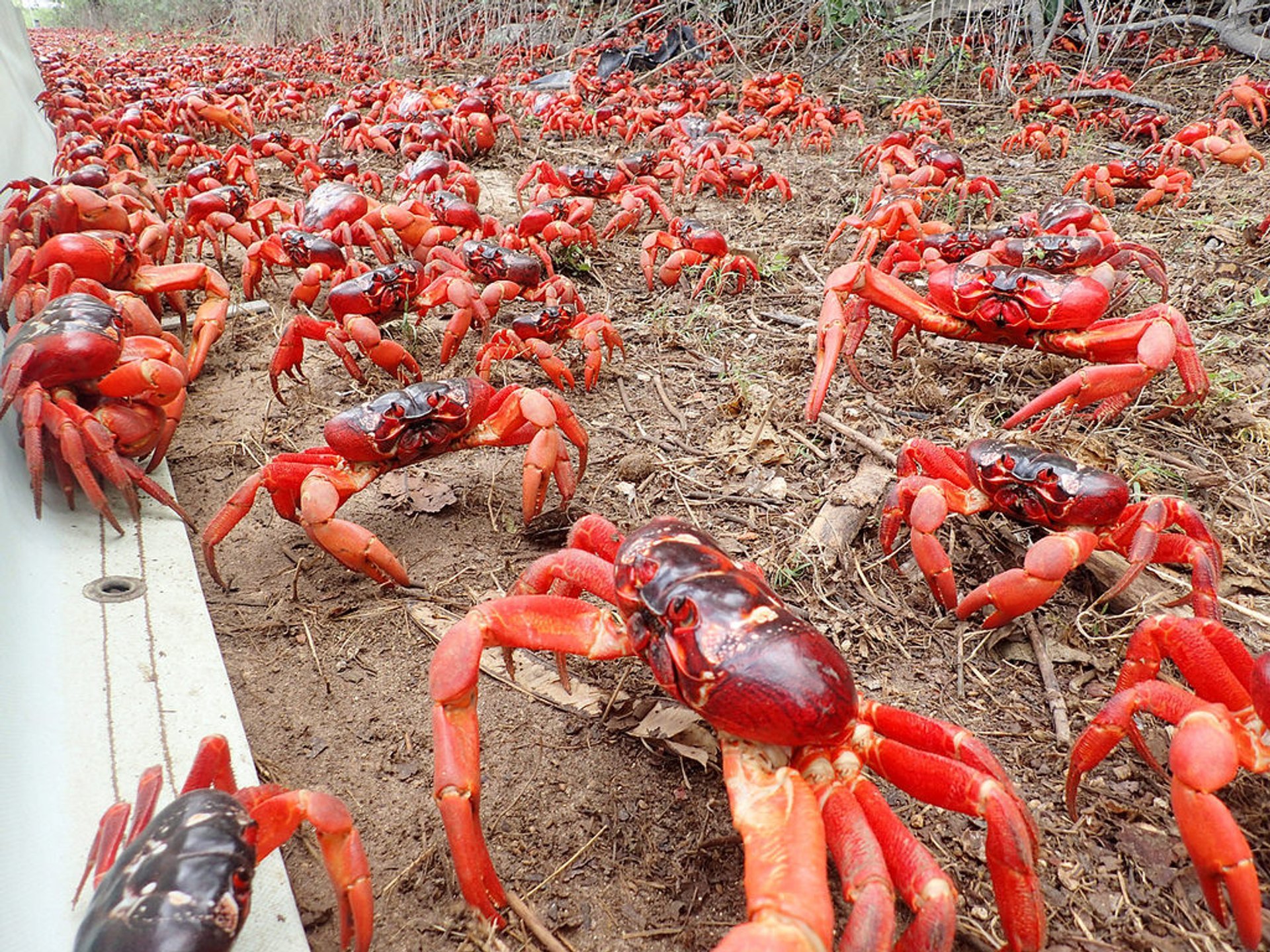
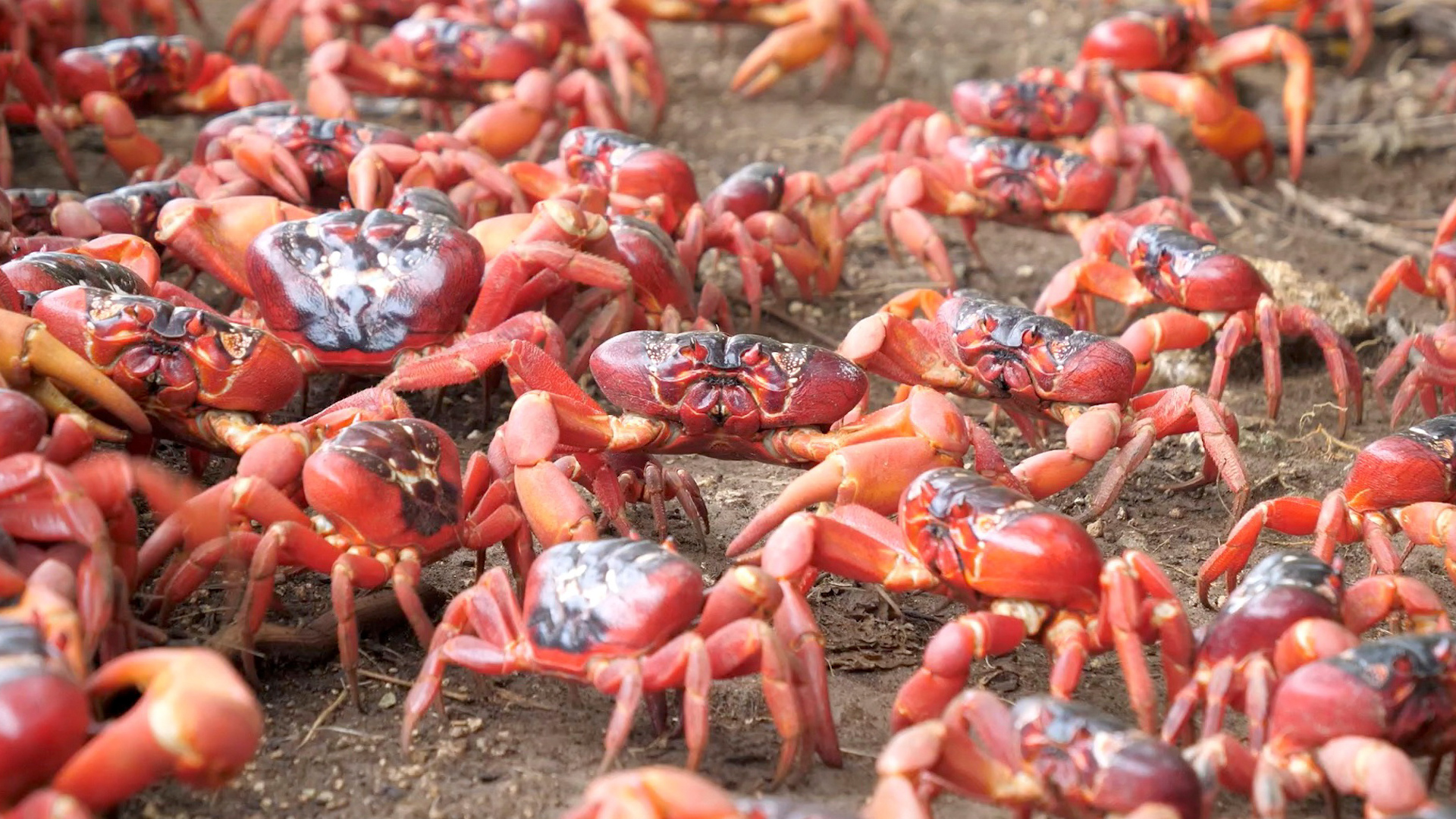
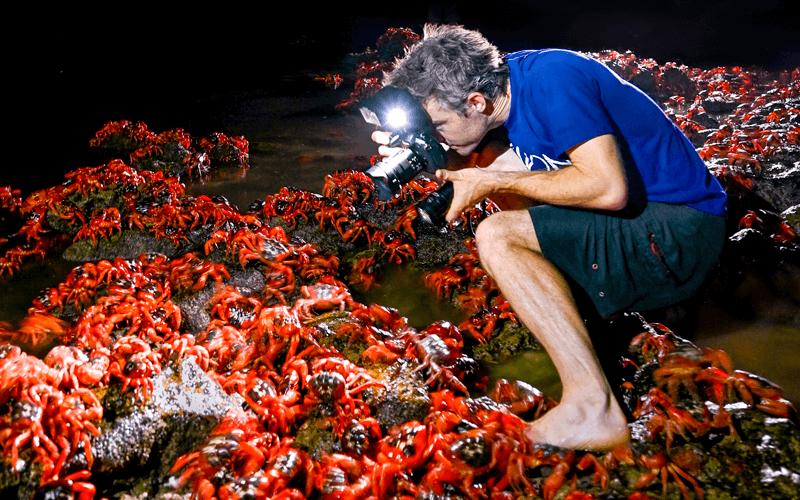
Closure
Thus, we hope this article has provided valuable insights into Christmas Island Red Crab Colouring in 2024: A Spectacular Natural Phenomenon. We hope you find this article informative and beneficial. See you in our next article!
